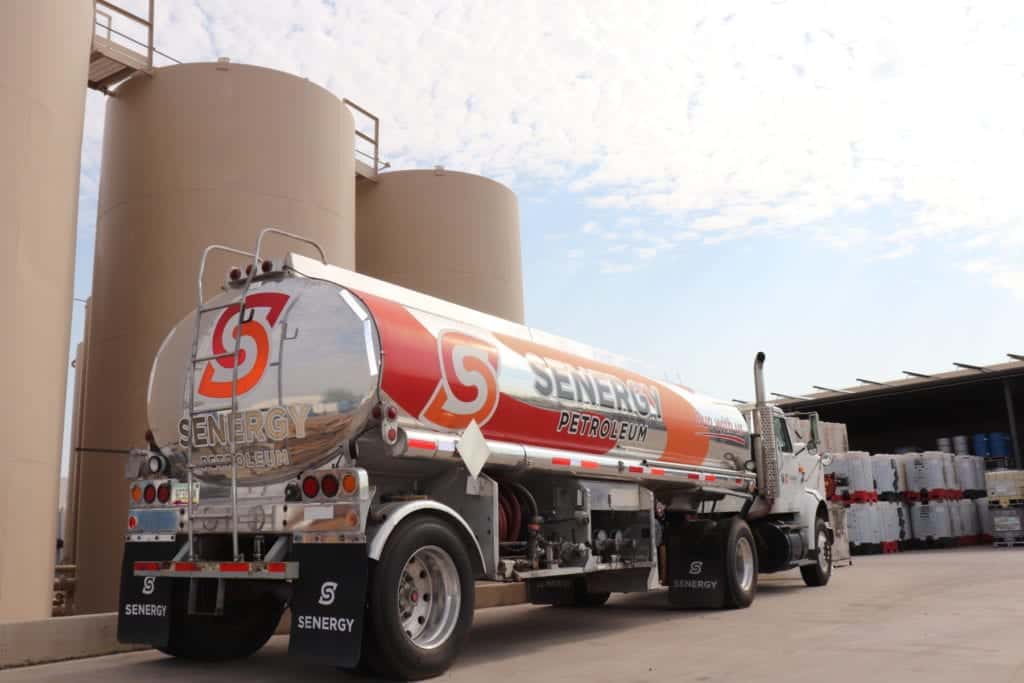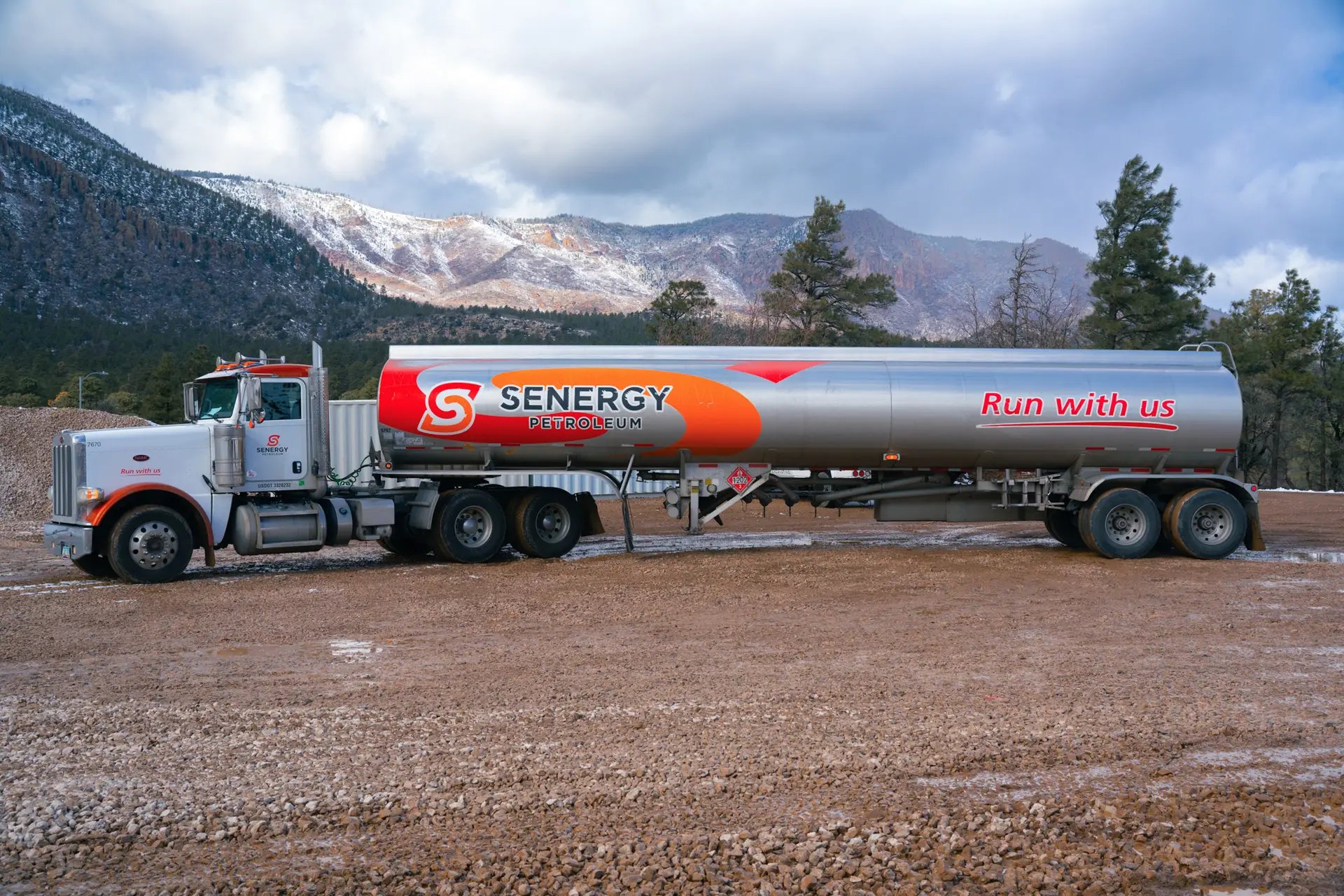Winter vs. Summer Diesel: Why Seasonal Fuel Matters
Diesel fuel isn’t a one-size-fits-all solution you can use year-round without consideration. While most people know the basic differences between diesel and gasoline, fewer are aware that diesel itself changes depending on the season. That’s right—there’s a winter diesel blend and a summer diesel blend, and choosing the right one for the season can have a significant impact on how smoothly your engine operates, especially during colder months.
Think of it like dressing for the weather. You wouldn’t wear shorts and a T-shirt in freezing temperatures, and similarly, your diesel engine won’t perform well if it’s running on the wrong blend for the season. This is because diesel behaves differently based on the temperature, requiring adjustments to keep your equipment running at its best.

What Happens When Diesel Gets Cold
One key reason seasonal variations in fuel matter is that diesel isn’t as temperature-tolerant as gasoline. In cold conditions, regular diesel fuel can start to gel. This happens when the paraffin wax naturally present in diesel begins to solidify as temperatures drop. Once that wax hardens, your engine may struggle to pull fuel through the system. Fuel filters can clog, hoses may freeze, and in extreme cases, the engine might not start at all. That’s where winter diesel comes into play. It’s specially formulated to prevent gelling and maintain proper flow, even in extremely cold temperatures. This isn’t something to stress over—it simply means being mindful of the fuel you’re putting in your tank during colder months.
Why Summer Diesel Best Fits During Hot Months
While winter diesel is designed for cold conditions, summer diesel is optimized for warmer weather. It provides more energy and better lubrication, enhancing engine performance in the heat. However, using summer diesel during the colder months can lead to problems. Summer blends lack the additives and lower cloud point of winter diesel, making them slower and tackier on cold days.
Operators like truckers, farmers, and others running diesel engines year-round must pay close attention to the type of fuel they use. It’s not about brand loyalty or price—it’s about ensuring the fuel is suited to the conditions so your equipment stays reliable and running smoothly.

The Role of Additives and Refining in Seasonal Fuels
The key to diesel’s performance in winter lies in how it’s treated. During colder months, winter diesel is blended with flow improvers like kerosene or additives that lower its “cloud point”—the temperature at which wax crystals begin to form. These additives help prevent the fuel from thickening and ensure it flows freely through the system. Refineries also reduce the amount of heavier compounds in winter diesel, making it easier to ignite and flow efficiently in low temperatures.
In contrast, summer diesel contains more of those heavier compounds since there’s no risk of gelling in warm weather. It’s all about tailoring the fuel to suit the conditions, ensuring it combusts efficiently and keeps your engine running smoothly without disruptions.

What Can Go Wrong With the Wrong Fuel
Running the wrong type of diesel at the wrong time of year can lead to a variety of issues. If you accidentally use winter diesel in the summer, your engine might not start at all. You could face clogged fuel lines, damaged components, and the added expense of a tow.
Even if the engine does start, it could run roughly, struggle to crank, or stall unexpectedly. This happens because the engine is having trouble accessing the fuel in a usable form. Once wax crystals begin to form, they’re difficult to remove. On the other hand, using winter diesel in the summer may not cause immediate issues, but it could result in slightly reduced fuel efficiency or performance due to the fuel’s lower energy content.
How to Choose the Right Fuel and Stay Ready
Fortunately, most fuel stations in colder climates automatically switch to a winter diesel blend when the seasons change, as regulations often require it. However, if you’re traveling or live in an area with unpredictable weather, it’s a good idea to check what type of diesel is available at the pump. There are also anti-gel additives available for purchase, which you can add to your tank. These are particularly useful during that transitional time of year when a cold snap hits before stations have had a chance to switch to winter fuel.
Fleet operators and equipment owners often pay close attention to both fuel type and storage conditions. Diesel stored in outdoor tanks is particularly vulnerable to temperature fluctuations, so preheating the fuel or using the right additives can help ensure smooth operation.
Watch Out for the Seasons
Seasonal fuel differences may seem minor, but they significantly impact your diesel’s performance. Winter driving isn’t just about comfort; it’s about ensuring your truck runs reliably and maintains good fuel economy as temperatures shift from extreme heat to freezing cold.
Understanding the difference between winter and summer diesel can save you from costly repairs and frustrating breakdowns. This knowledge isn’t just for truck drivers and mechanics—any diesel vehicle owner should be aware of the importance of using the right fuel for the season. Just as you adjust your wardrobe for the weather, your engine requires the right “fuel wardrobe” to perform at its best. Staying attentive to seasonal fuel changes is key to keeping your diesel running smoothly year-round.

